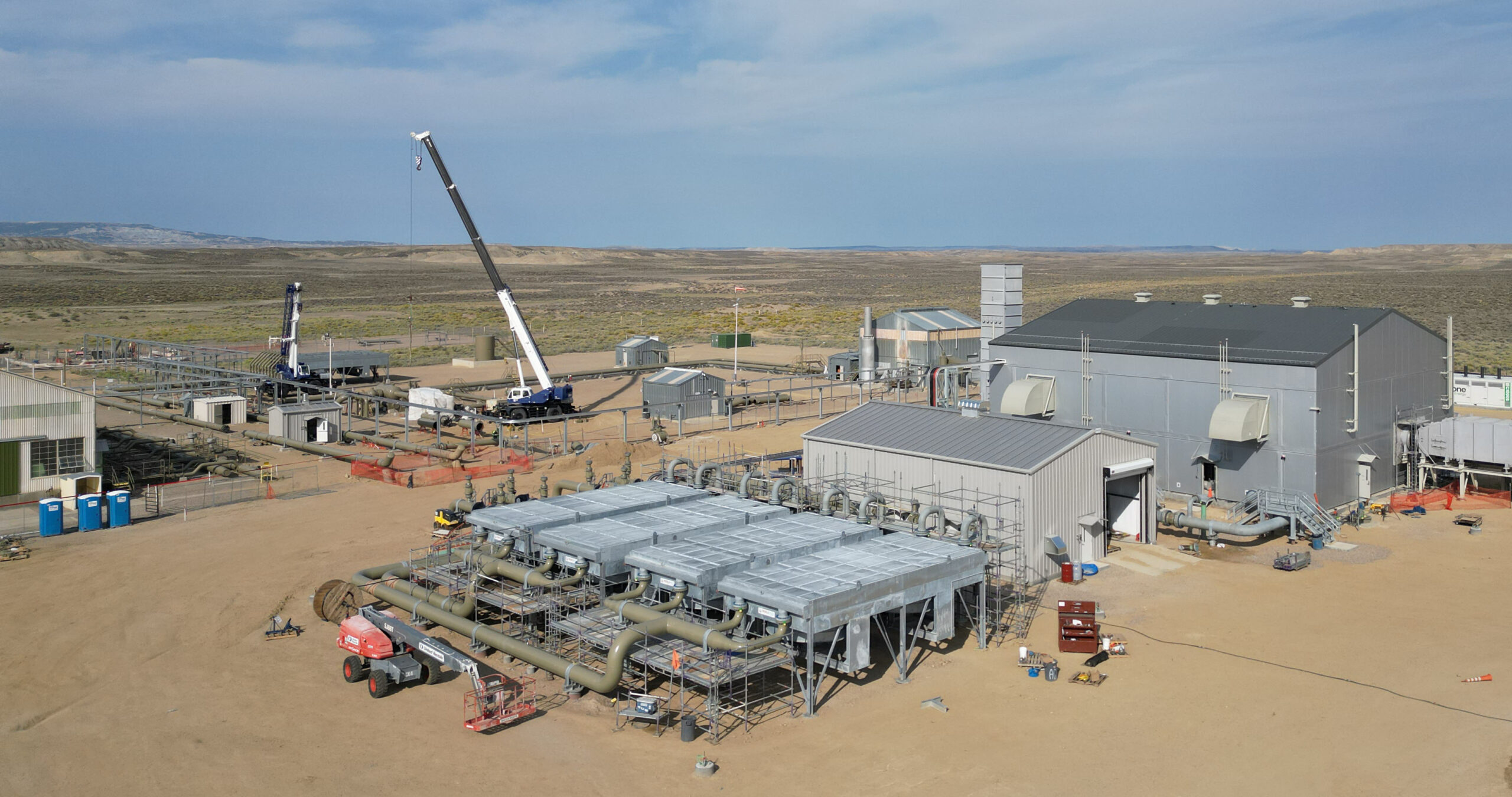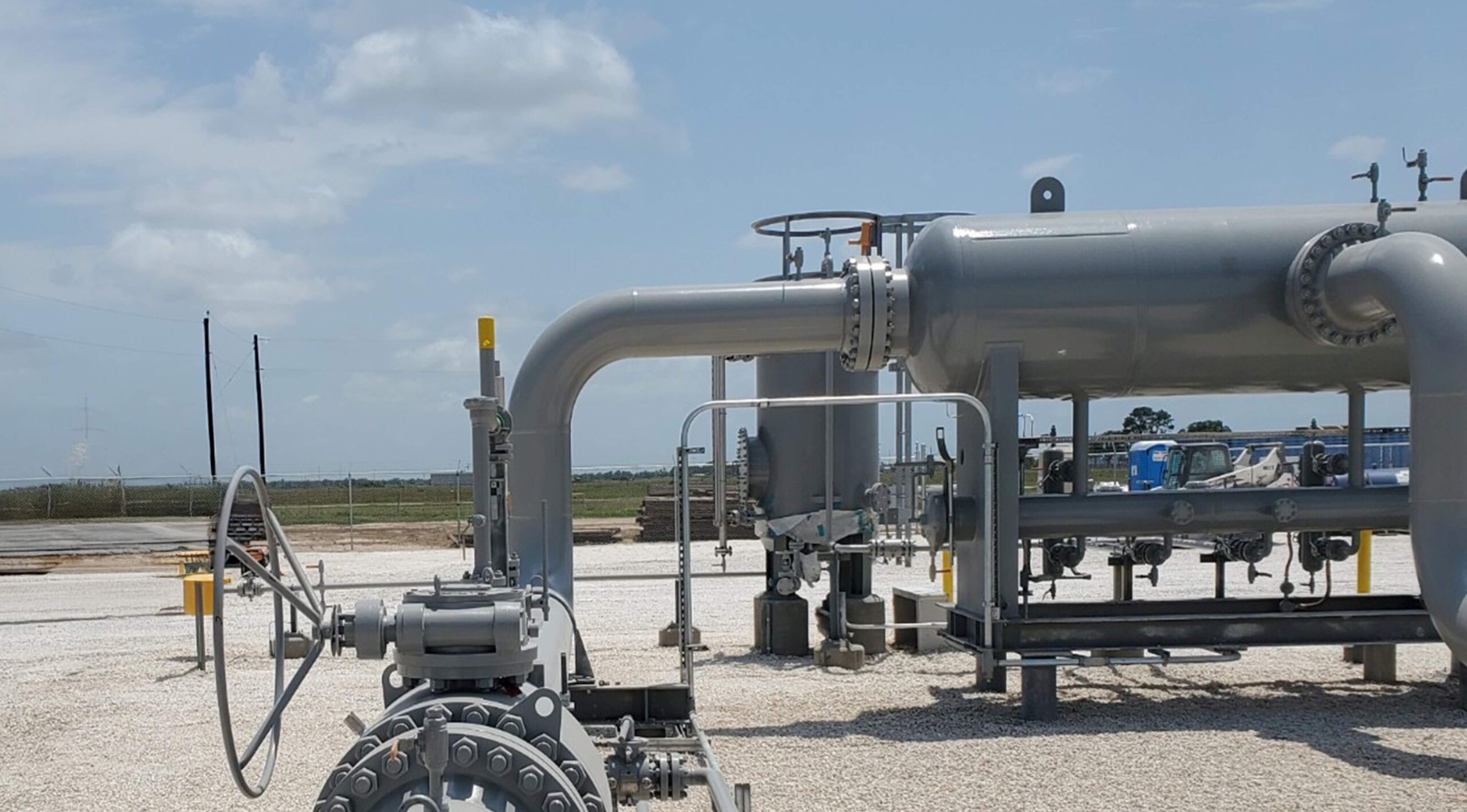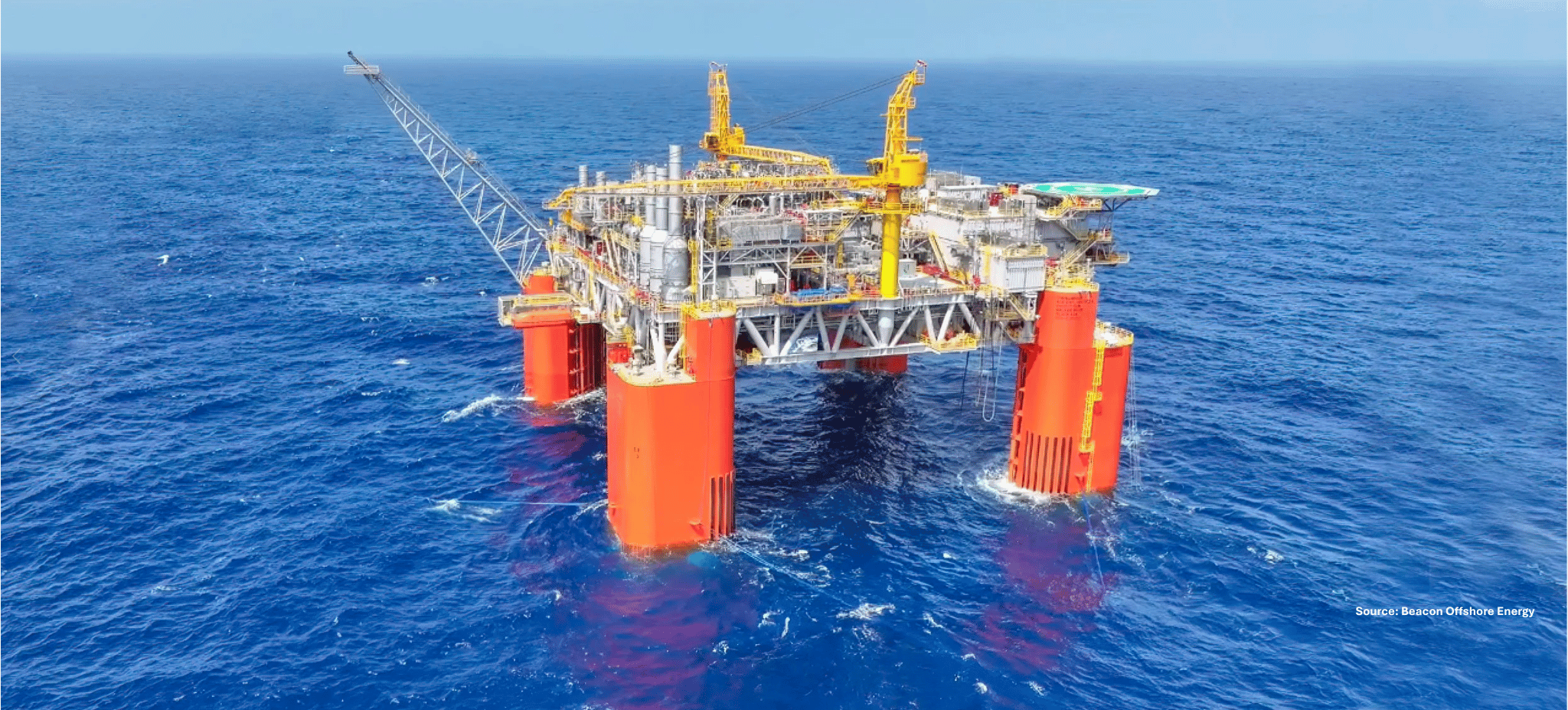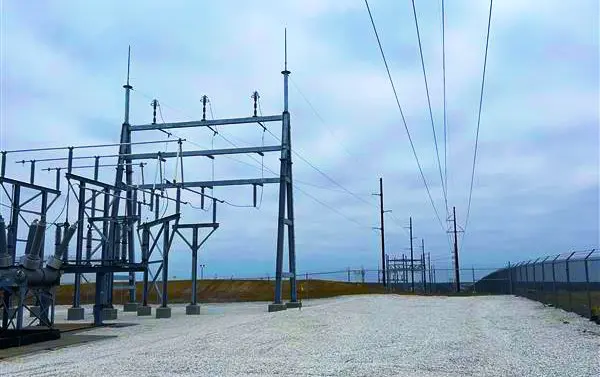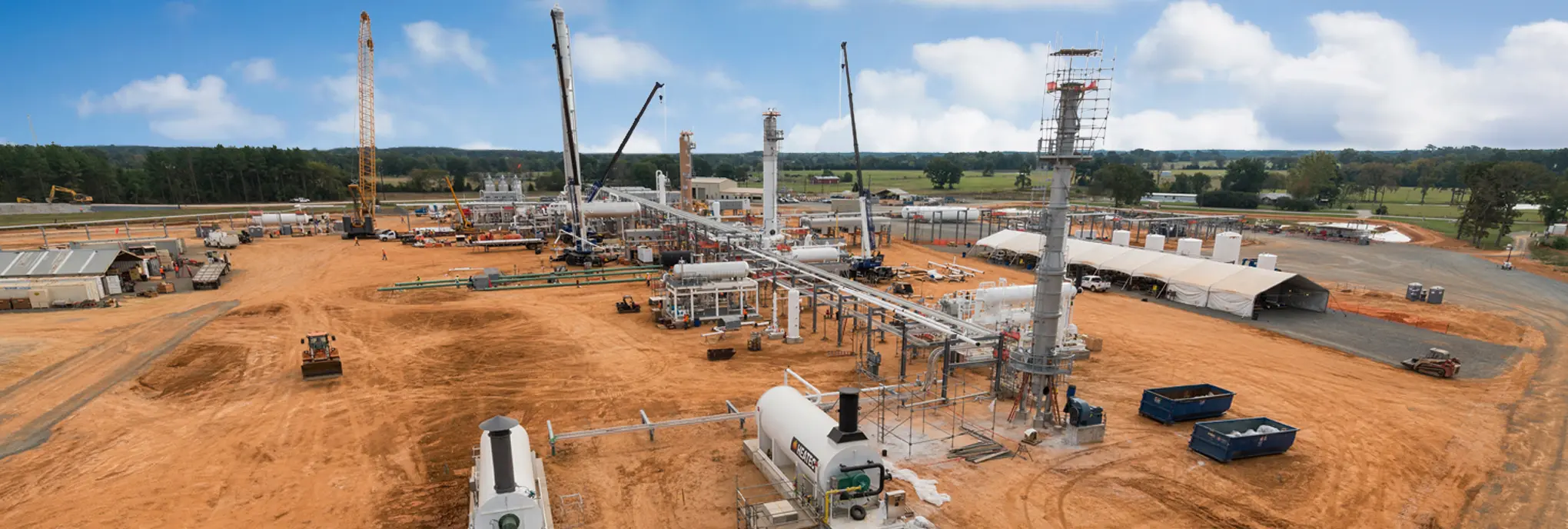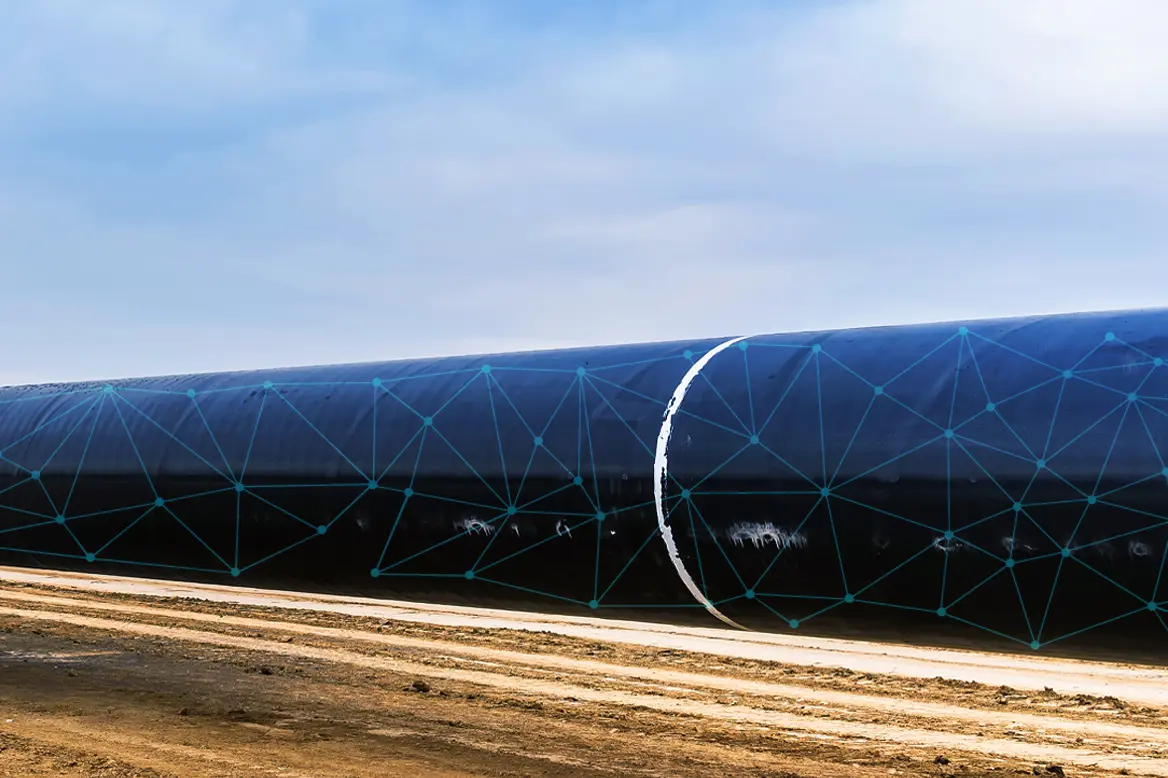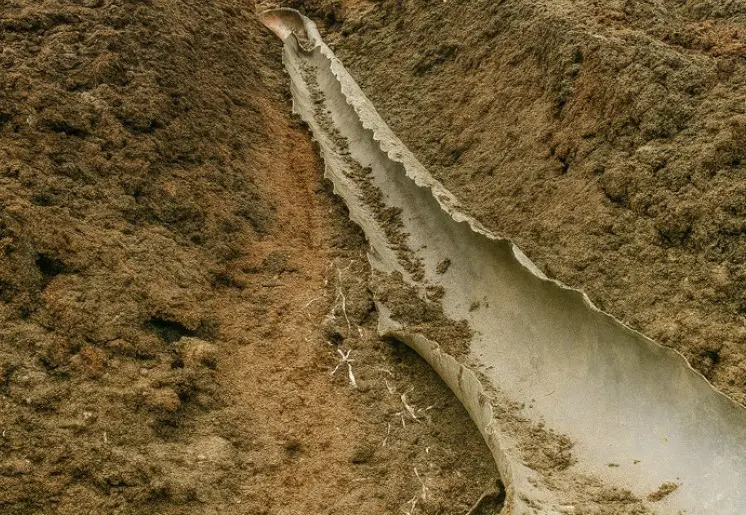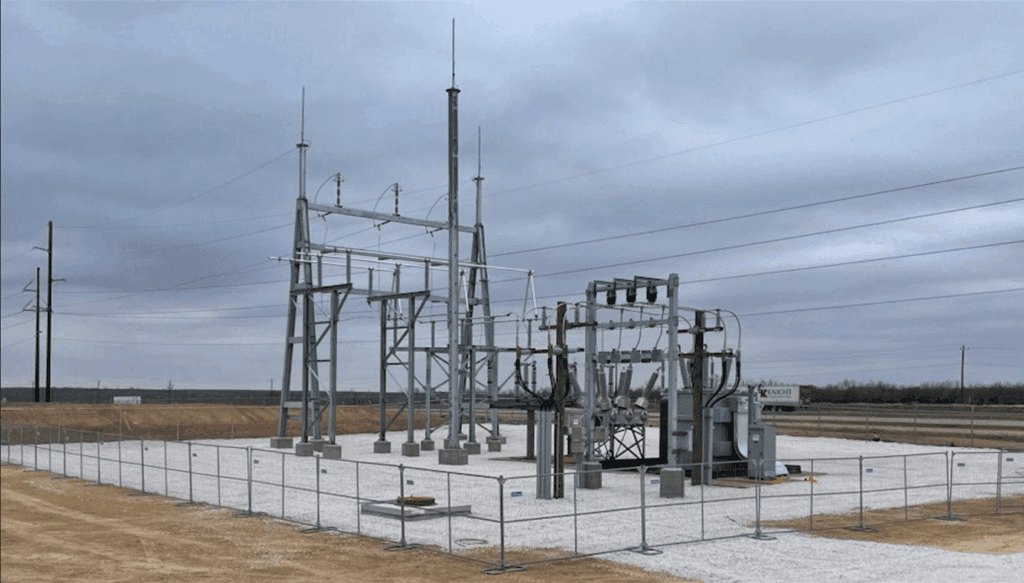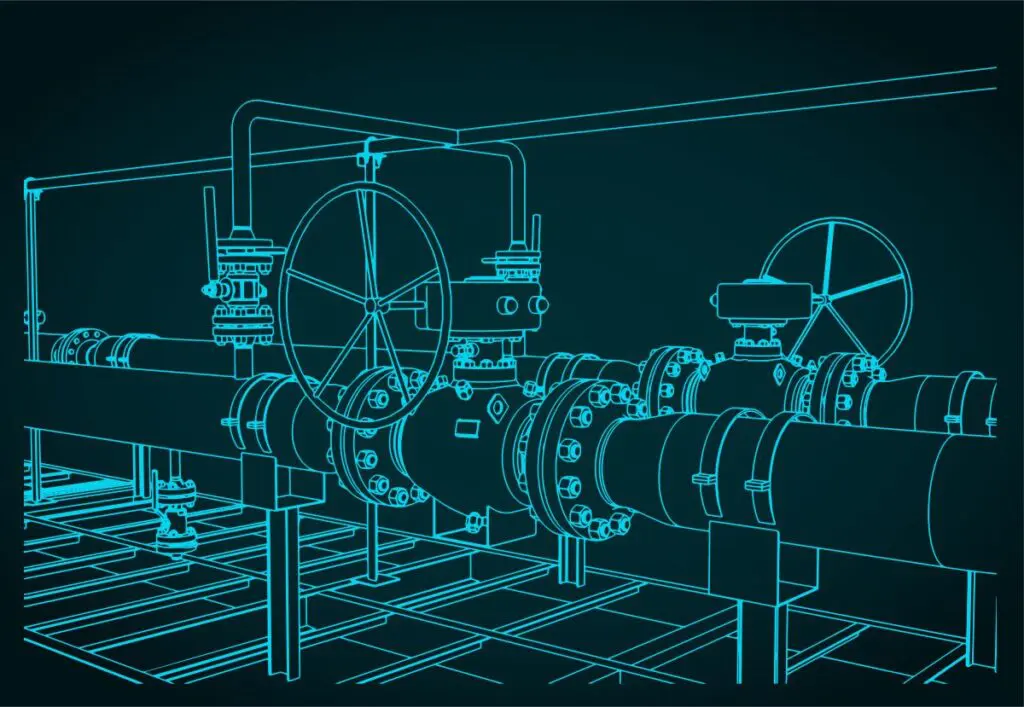

Want to share this article?
Pipeline Integrity Management Critical to Country’s Aging Oil and Gas Infrastructure
Currently, there are over 305,000 miles of underground natural gas pipeline systems in the United States alone, and with many of these systems damaged, outdated, and rapidly approaching the end of their useful life, pipeline integrity management in the gas transmission industry is more important than it has ever been.
The main goal of pipeline integrity management has been and always will be to preserve the health, safety, and well-being of both the public and the environment; however, in recent years, improving deliverability and increasing efficiency have become equally important.
A study conducted by the U.S. government in 2011 found that roughly 69 billion cubic feet of natural gas was lost to the atmosphere, almost enough to fuel the entire state of Maine for a whole year. The majority of this “lost” gas was attributed to leaks in steel and cast iron pipelines. Furthermore, it’s estimated that consumers pay about $1 billion for natural gas that never even reaches their homes; making aging gas pipeline infrastructure a costly problem.
With the help of a wide range of state-of-the-art pipeline management technologies and methodologies such as internal line inspection, direct assessment, benchmarking, surveying, and hydro testing, many of the issues currently plaguing midstream-related frameworks can be mitigated.
From field support and project management, to regulatory compliance and planning, Audubon specializes in the commissioning of new and repaired pipelines, the reconditioning of damaged lines, and the decommissioning of lines for repair, testing or abandonment.. As sustainability and environmental concerns continue to challenge the oil and gas industry, professional pipeline integrity management services provided by Audubon can overcome the challenges of operating aging pipelines.


